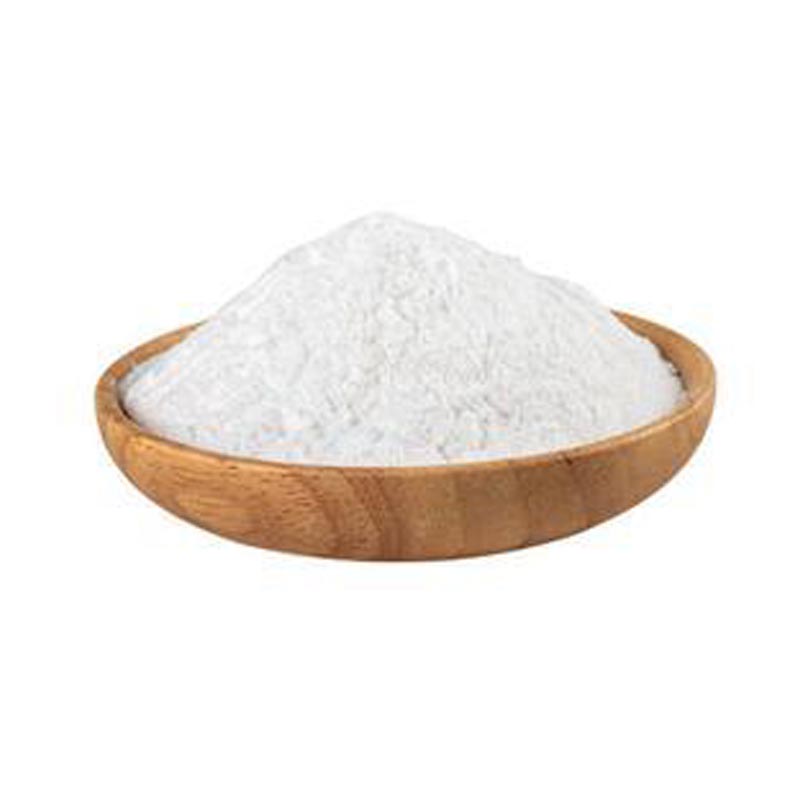How Does Food Grade Sustainability Help in Climate Adaptation
2025-10-10
When we discuss climate adaptation, we often focus on renewable energy and emission reductions. But what about the very systems that nourish us Food Grade sustainability represents a crucial yet overlooked strategy in building climate resilience. This approach ensures that food production and processing not only meet purity standards but also actively contribute to environmental adaptation.
At TONGGE ENERGY, we engineer solutions that embody this dual mission. Our products are designed to support a robust food supply chain that can withstand climate pressures.
The Core Principles of Our Design
-
Climate-Resilient Sourcing: We prioritize ingredients from suppliers who utilize regenerative agriculture, a method that improves soil health and water retention, making farms more resistant to droughts and floods.
-
Energy & Water Efficiency: Our processing facilities implement closed-loop water systems and solar power, significantly reducing the environmental footprint of our Food Grade production.
-
Circular Economy Packaging: We have moved beyond simple recycling to using packaging made from compostable and plant-based materials, reducing landfill waste and its associated methane emissions.
Product Specification: TONGGE ENERGY Climate-Adaptive Formula
| Parameter | Specification | Climate Adaptation Benefit |
|---|---|---|
| Ingredient Purity | 99.5% Food Grade Certified Actives | Ensures nutrient density in changing soil conditions. |
| Supply Chain | Sourced within a 200-mile radius | Drastically reduces transportation emissions and supports local agriculture. |
| Water Footprint | 40% less than industry average | Preserves freshwater resources in water-stressed regions. |
| Packaging Material | 100% Bio-based Polymers | Breaks down naturally, avoiding long-term environmental pollution. |
Food Grade FAQ
What is the connection between Food Grade and sustainable packaging
Food Grade sustainable packaging ensures that materials in direct contact with food are not only safe for consumption but are also sourced from renewable or compostable origins, creating a system that protects both human health and the environment.
How does Food Grade manufacturing reduce water waste
True Food Grade sustainability requires efficient water use. This is achieved through advanced filtration and recycling technologies that treat and reuse water within the production facility, minimizing extraction from local sources.
Can Food Grade standards directly support carbon sequestration
Yes. When Food Grade standards are applied to ingredients sourced from regenerative farms, they support agricultural practices that draw carbon from the atmosphere and store it in the soil, making the entire supply chain a carbon sink.
The path to genuine climate adaptation is built on resilient, transparent systems. TONGGE ENERGY is committed to leading this change through innovation and unwavering Food Grade standards.
Contact us today to learn how our sustainable solutions can integrate into your climate adaptation strategy.
